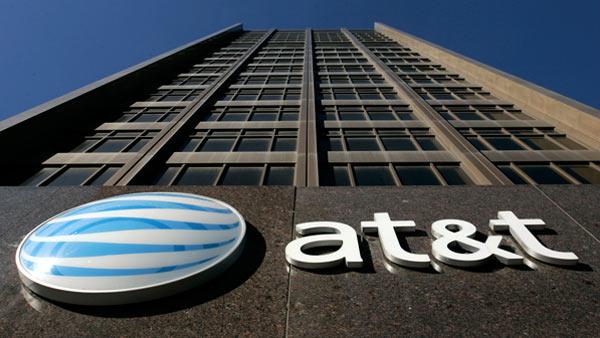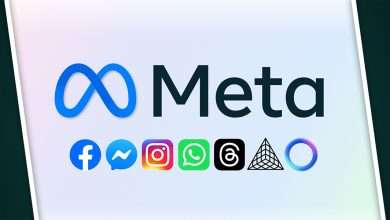
AT&T’s plans to merge with media giant Time Warner in an $85 billion deal isn’t going to skate by Capitol Hill.
On Wednesday, Lawmakers on both sides of the aisle in a Senate antitrust subcommittee asked the companies tough questions about whether their planned merger would lower prices for consumers or stifle video competitors online.
The bipartisan grilling could be a sign that populist attitudes against big mergers may put political pressure on the deal. As a candidate, President-elect Donald Trump said he’d block the merger, arguing the tie-up would mean “too much concentration of power in the hands of too few.” But there have been signs his position may have softened as he’s brought some pro-merger advisors onto his transition team.
Still, it looks like politicians on both sides of the political aisle are concerned about what a merger of this size could mean. AT&T is the second-largest wireless phone provider in the country and has 25.3 million TV customers through its acquisition of satellite TV provider DirecTV. Are you a fan of “Game of Thrones” or “Batman”? Time Warner owns those properties through HBO and Warner Bros.
The final decision on whether the merger will be approved is up to antitrust enforcers in the new Trump administration and not the Senate. Stephenson said the company has already started the review process there, and he said he’s confident that based on the facts of the case the government will approve the deal.
That didn’t stop senators from lobbing questions at AT&T CEO Randall Stephenson and Time Warner CEO Jeff Bewkes. Republican Sen. Mike Lee of Utah, the chairman of the subcommittee, questioned whether the merger might lead AT&T to favor its own content over the competition’s. Republican Sen. Charles Grassley of Iowa, cited concerns that a merger of this size would concentrate too much power in the hands of one company and he worried that it might affect freedom of the press.
Democratic Sen. Amy Klobuchar of Minnesota questioned what the merger would mean for consumer pricing. And Democratic Sen. Al Franken of Minnesota, who’s been among the most vocal opponents of several big mergers over the past years, including the Comcast-NBC Universal merger, pressed Stephenson on whether today’s net neutrality rules would be sufficient to protect consumers.
Stephenson and Bewkes tried to reassure the senators that the combined company wouldn’t lead to price gouging and that innovation would flourish, which would lead to lower prices for consumers. Stephenson pointed to the $35 price tag on AT&T’s new DirecTV Now service, which offers 100 channels of live streamed TV on mobile devices, as a good example of an innovative product.
“By owning Time Warner content, we will be able to innovate more quickly, experiment more readily, tweak our offerings as we gauge customer response and bring consumers the options they seek,” he said.
He added that the goal of the merger is to compete more aggressively with cable TV providers, which today dominate the pay-TV market. And he said a combined AT&T and Time Warner would “bring the consumer better-priced options than they have today.”
When asked about concerns that the company’s DirecTV Now service — which offers its video to AT&T mobile customers without eating into their data — might be anticompetitive, Stephenson likened it to toll-free long-distance calling. He said that just as toll-free calling helped lower prices for long-distance calling, “sponsored data” models like the one offered by DirecTV Now would also eventually lower prices.
Bewkes said the merger would allow his company to continue to innovate, such as by adding more interactive features to video.
Gene Kimmelman, the president of public interest group Public Knowledge, acknowledged that separately, AT&T and Time Warner have brought innovative services to the market. But he said his concern was “what happens when you combine those assets.”
He pointed to a review conducted by the Department of Justice that found Comcast-NBC Universal has created incentives to harm competition. He noted that the deal between AT&T and Time Warner is even bigger, because AT&T offers national television and wireless distribution.
Daphna Ziman, president of Cinemoi North America, warned that more consolidation in the industry would be “catastrophic for diversity.” Her network, which competes with Turner Classic Movies, owned by Time Warner, has difficulty striking distribution deals with pay-TV networks because it doesn’t have a big enough audience. She argued that if AT&T and Time Warner merge, they would have “the means and incentive to discriminate against independents.






